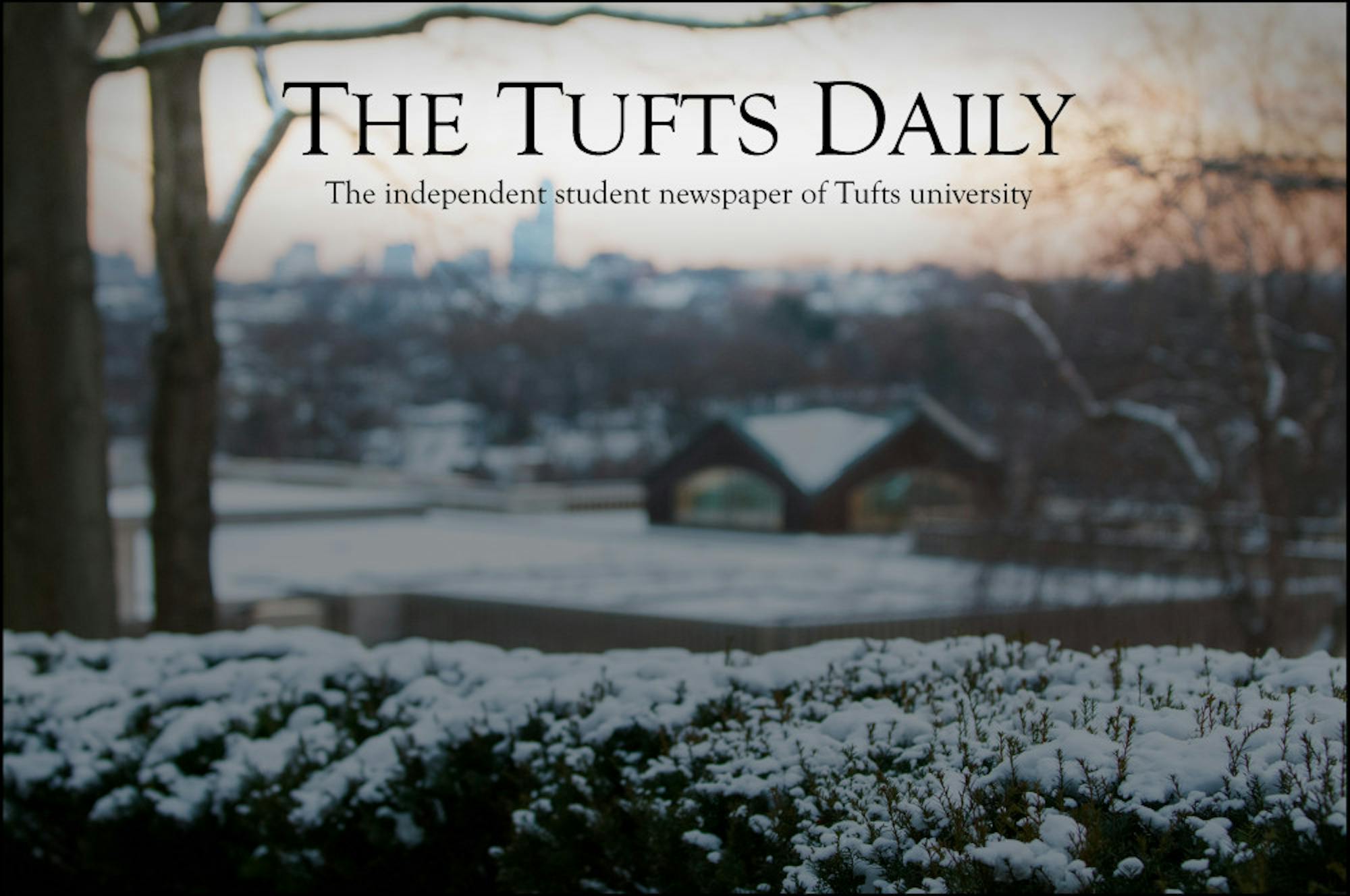I've had a handful of sports heroes. Usually, it's the best player of the moment on my favorite teams: Mike Piazza (went as him for three straight years on Halloween), Allan Houston, David Wright. They were great players and seemed like pretty decent human beings.
Now I have a new sports hero: Richard Sherman. It might have something to do with the fact that I'm doing a senior project about the media response to his "Don't you ever talk about me!" postgame interview with Erin Andrews, which means I've spent dozens of hours reading and thinking about him over the past few months. But it might also have something to do with the fact that, well, he's a hero.
After his interview with Andrews, which sparked a massive public outcry, Sherman could have simply issued a PR-soaked apology - "I would like to sincerely apologize to all those whom I have offended..." - and moved on.
But Richard Sherman is not most athletes. Sherman apologized for drawing attention away from his teammates. Then he proceeded to call out the public and the media on its racially coded reaction. Calling him a "thug," he explained, is akin to using a racial slur. If it's not, he added, then why aren't players in the white-dominated NHL - where fights break out constantly - ever referred to as thugs?
Last week, Sherman was at it again. In a piece for Sports Illustrated's MMQB, where he has been a semi-regular contributor, Sherman responded to the news that the Eagles had cut DeSean Jackson amid reports of Jackson's "gang ties." Sherman grew up with Jackson in Los Angeles.
"I'm not going to tell you that DeSean Jackson isn't in a gang, because I can't say unequivocally that he isn't," he begins. "I can only tell you that I believe him to be a good person, and if you think, say or write otherwise without knowing the man, you're in the wrong."
Sherman then spelled out the racist and classist double standards that exist in the NFL: "[W]hat did [the Eagles] do to Riley Cooper, who, if he's not a racist, at least has 'ties' to racist activity? They fined him and sent him to counseling. No suspension necessary for Cooper and no punishment from the NFL, despite its new interest in policing our use of the N-word on the field."
"Commit certain crimes in this league and be a certain color, and you get help, not scorn. ... But DeSean Jackson is the menace, right?"
Today's athletes are heavily commodified. For the most part, they stick to the script - and when they don't, it's assumed they are simply trying to "build their brand." After the Andrews interview, some suggested that Sherman had green on his mind.
But Sherman has proven to be much more than a corporate cog. He is putting his reputation, his employment status and his endorsements on the line by speaking his mind and doing anti-racist work.
The era of the political athlete - of Muhammad Ali refusing to go to Vietnam - may feel like a thing of the past. But perhaps we're at the dawn of a new age of political athletes, with Sherman leading the charge. KainColter, the Northwestern quarterback fighting to establish a college football players' union, stands at his side.
Charles Barkley once famously declared that he is not a role model. I agree: professional athletes are just people who happen to be good at sports, and it's unfair to ask them to be perfect.
Still, if you're searching for a sports hero, give Richard Sherman a try. He's not perfect, but he's fighting for what he knows is right.
Aaron Leibowitz is a senior who is majoring in American studies. He can be reached at Aaron.Leibowitz@tufts.edu.






